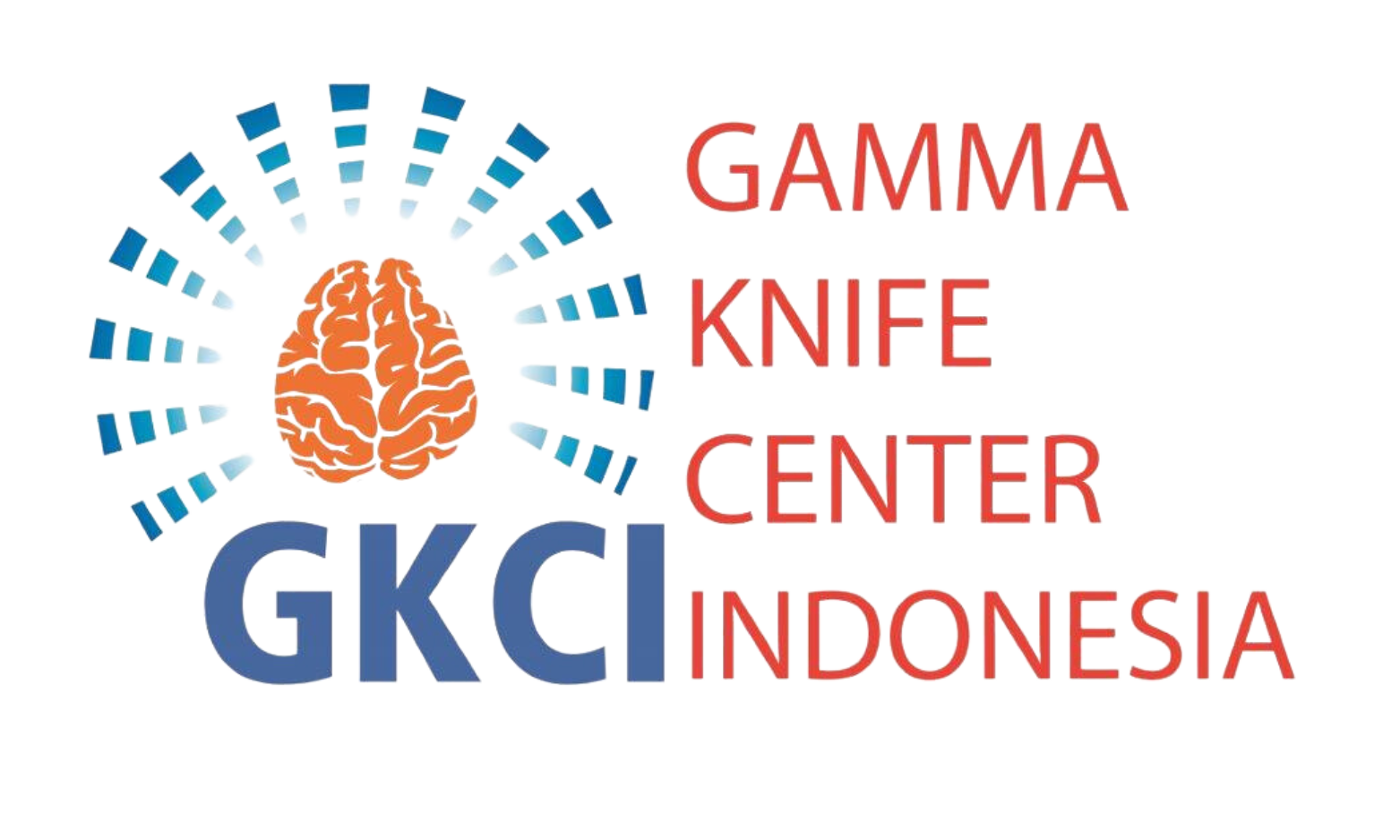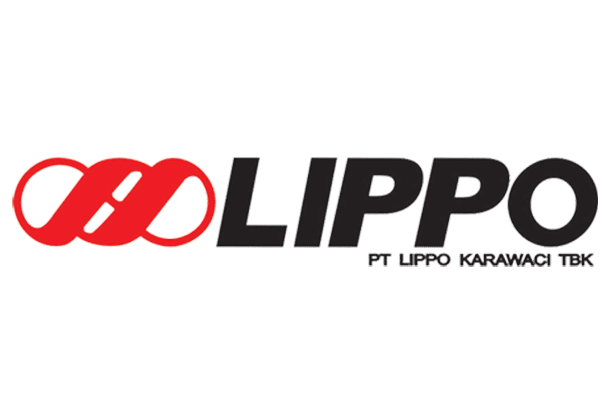Healthy Lifestyle
The Differences Between Vegetarian and Vegan Diets
Share to

Table of Contents
Vegetarian and vegan lifestyles are often mistaken as one and the same, but they actually have fundamental distinctions. While both avoid the consumption of meat, their reasons and ways of managing their diet and lifestyle tend to differ. To achieve a better understanding of the differences between vegetarian and vegan, explore the article below.
The Differences Between Vegetarian and Vegan
People adopt vegetarian or vegan diets for various reasons, including health, environmental concerns, or personal beliefs. Regardless, some people might not fully understand the differences between vegans and vegetarians, even sometimes considering them to be the same.
1. Dietary Patterns
The first difference between vegetarians and vegans can be observed in their dietary patterns. A vegetarian diet avoids foods derived from animals, such as meat and seafood. As a result, a vegetarian only consumes fruits, vegetables, nuts, seeds, and mushrooms.
However, some vegetarians still consume animal by-products, such as eggs, milk, dairy products, and honey. This is because the production of eggs, milk, and honey does not involve the slaughter of animals.
Meanwhile, veganism is a stricter form of vegetarianism. Vegans avoid all animal products, not just in their diet but also in their clothing, cosmetics, and other aspects of their lifestyle. Therefore, veganism extends beyond food consumption, and it has become a lifestyle.
Vegans are guided by the principle of avoiding all forms of animal exploitation, leading them to entirely abstain from using any products resulting from animal exploitation, including milk, eggs, honey, and even animal-derived items such as leather jackets.
2. Types
The next difference between vegetarians and vegans lies in the types of diets they follow. The various types of vegetarian diets include:
-
Lacto-ovo vegetarian (avoids meat but consumes milk/dairy products and eggs).
-
Lacto vegetarian (avoids meat and eggs but still consumes dairy products).
-
Ovo vegetarian (avoids all animal products excluding eggs).
Individuals who do not eat meat or poultry but consume fish are considered pescatarians, while part-time vegetarians are often referred to as flexitarians. Flexitarians are primarily vegetarian or vegan but occasionally eat meat.
On the other hand, vegans are categorized into two types: gluten-free vegan diet and raw vegan diet. Here are the explanations for each:
-
Gluten-free vegan diet: Vegans who adhere to a gluten-free diet, avoiding wheat, barley, and rye. This diet is often adopted by individuals with celiac disease.
-
Raw vegan diet: Vegans who consume plant-based foods in their raw state. The goal is to preserve the nutrients present in these foods. However, sometimes vegans may cook these foods at low temperatures, not exceeding 40 degrees Celsius.
3. Benefits
Fundamentally, both the vegetarian diet and the vegan diet offer similar benefits. By adopting these dietary patterns, you will consume more fruits and vegetables enriched with antioxidants and nutrients, which undoubtedly have a positive impact on body health.
Regardless, some differences can still be found. Individuals adhering to a lacto-vegetarian diet tend to obtain more minerals and vitamins, such as calcium, phosphorus, and vitamin D, compared to vegans because they consume dairy products.
Although vegans may struggle to obtain these nutrients, avoiding milk and eggs also helps them control normal cholesterol levels. Consequently, the risk of various diseases can be minimized.
4. Risks
Another noteworthy difference between vegetarian and vegan diets is the associated risks. Although there are more benefits to gain, there are still some risks that need to be considered. Individuals following a vegetarian diet may be at risk of not getting adequate intake of vitamin B6 (pyridoxine) and vitamin B3 (niacin) from the foods they consume.
Meanwhile, individuals following a vegan diet may be at risk of zinc and omega-3 deficiencies, especially EPA (Eicosa-Pentaenoic Acid) and DHA (Docosa-Hexaenoic Acid), as they do not consume any animal-derived foods. Hence, both vegetarians and vegans need to pay attention to and meet their nutritional needs.
Inadequate nutrient intake, such as deficiency in omega-3 fatty acids, calcium, as well as vitamins D and B12, can negatively impact various aspects of health, including mental and physical health.
Both vegetarians and vegans should pay particular attention to nutrition strategies aimed at improving nutrient absorption from plant-based foods. Supplements, especially nutrients such as iron, calcium, omega-3, as well as vitamins D and B12, may also be required.
Here are some things to consider if you decide to become a vegetarian or vegan:
-
Analyzing daily nutritional intake requirements.
-
Measuring nutrient levels in the blood.
-
Consuming appropriate supplements.
That concludes the explanation regarding the differences between vegetarian and vegan diets that you should understand. If you would like to learn more about this lifestyle, you can consult an experienced Clinical Nutritionist at Siloam Hospitals.
For those who want to receive practical dietary intake according to your body condition, you can order healthy catering packages from Siloam Hospitals' Homecare Healthy Catering. These packages can be tailored to one’s preferences and health conditions. Moreover, they also include a free consultation with a clinical nutritionist.






